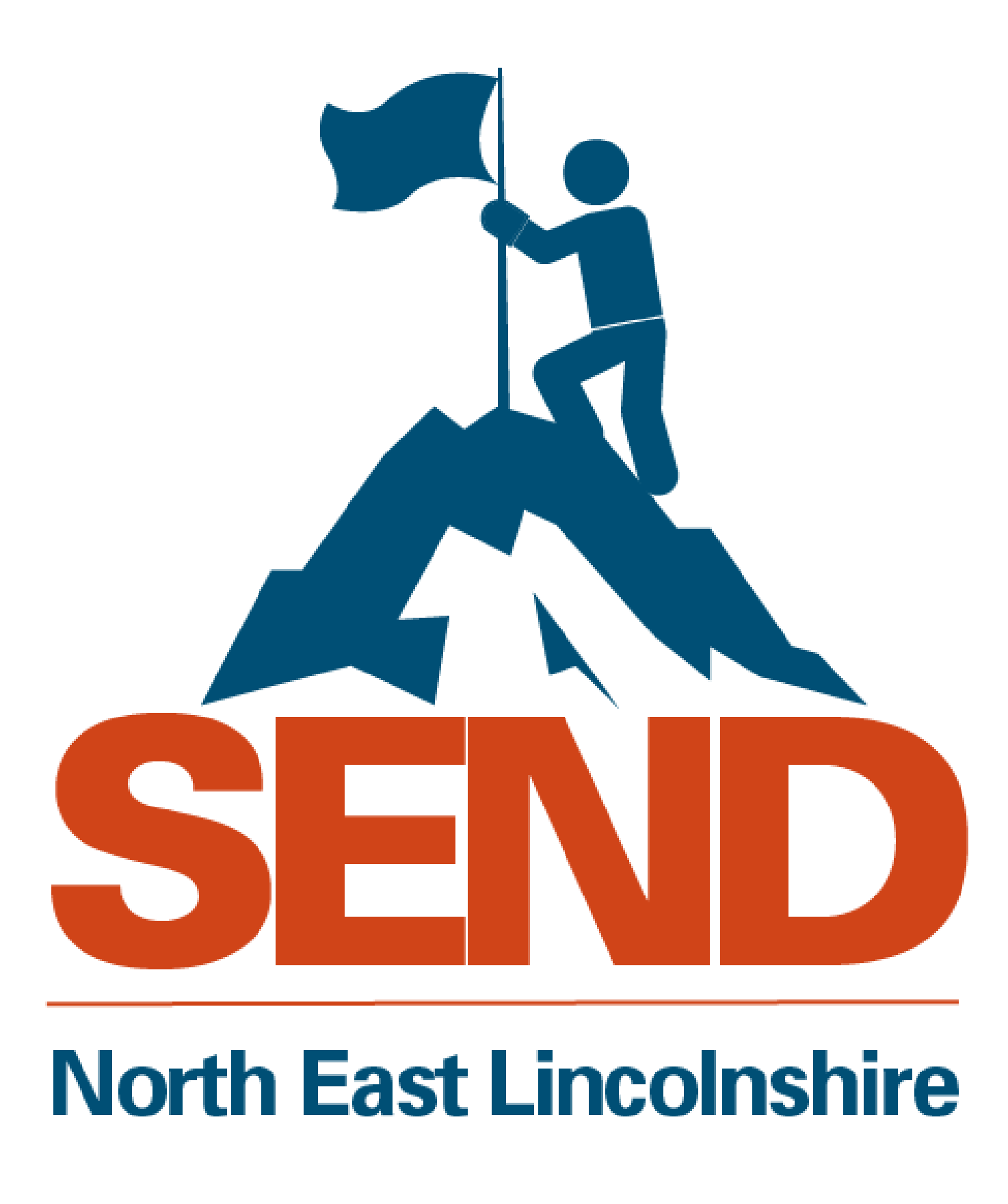What do I do if I am concerned my child has SEND?
What are Special Educational Needs and Disabilities (SEND)?
The Children and Families Act 2014 says that a child or young person has special educational needs (SEN) if he or she has a learning difficulty or disability which calls for special educational provision to be made for him or her.
A child or young person with SEN may find it harder to learn than other children of the same age. Special educational needs may include:
- Behavioural or social, for example difficulty making friends
- Reading and writing, for example dyslexia
- Concentrating, for example attention deficit hyperactivity disorder (ADHD)
- A medical condition which affects learning
- A sensory or physical need which affects them in school, for example being blind or deaf
By law, nurseries, schools and colleges must provide an education to all pupils or students whatever their abilities or special needs.
SEND guide for parents and carers
The Department for Education has made a helpful guide for parents called ‘Special educational needs and disability – A guide for parents and carers‘. (August 2014). This guide explains how the system that supports children and young people with special educational needs and disabilities works.
It covers:
- the law and statutory guidance on which the system is based
- places to go for help and further information
- details about changes to the system from 1 September 2014
It may also be useful for staff in:
- schools and colleges
- early years education settings
- who are dealing with the parents and carers of children and young people with SEND
Who to talk to
If you think your child may have special educational needs or a disability, contact the person in your child’s school or nursery responsible for SEN.
If your child’s not at school or nursery you can contact our Special Educational Needs and Disability Information, Advice and Support Service (SENDIASS) for impartial advice about SEND.
Children’s Disability Register
You can voluntarily register your child on the NELincs Children’s Disability Register that helps us to identify and plan for the needs of children with disabilities and their families in our local area.
